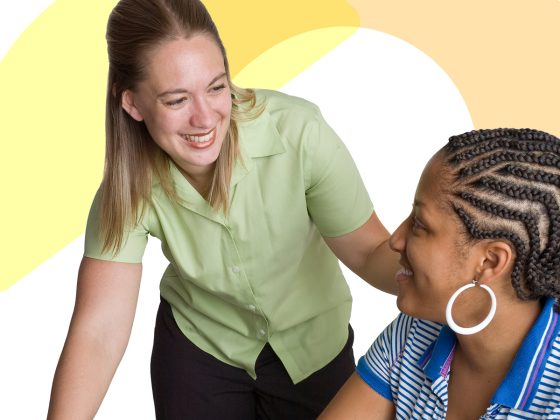
Using These Resources: Parental Addiction
Resources to help providers offer hope and support to children and families coping with the challenges of parental addiction.
These resources are for anyone serving children and families affected by drug addiction or alcoholism. As a provider, you can be a stabilizing force in the lives of children and adults. Despite the challenges presented by parental addiction, children and families can be incredibly resourceful and resilient…which can begin within the power of relationships with supportive adults like you.
These materials can help you:
- Explain the Influence of a Caring Adult. Trusted adults can help children talk about their feelings without criticism or judgment. Connections and relationships hold healing power. There are ways for caring adults to explain addiction to young children and build a sense of hope for a healthier future.
- Explain Addiction to Young Children. Adults can explain that addiction is a sickness, a disease (not the kind you catch like a cold) in which people feel that they need drugs or alcohol to feel good/okay. Like any sickness, people need treatment to get better.
- Help Children and Families Feel Less Shame and Isolation. It’s hard to talk about a parent’s addiction, but trained professionals—and others with similar experiences—can help. Addiction brings secretiveness, fear, embarrassment, confusion, shame, and loneliness. But it doesn’t have to be this way, and children may need to hear again and again that many other children go through this—no child is alone.
- Build Resilience, Hope, and Optimism. Many children and their families have the inner strength to help them through tough times. They can be resilient and can heal from their experiences. They can find ways to reestablish trust. These experiences can make a family stronger. Accepting or reaching out for help is the first step.
What Do Children Need?
- To know who they can be attached to, who they can trust, and who cares about them.
- Adults to whom they can look for a sense of security and safety.
- The reminder that addiction is a grown-up problem and that only grown-ups can figure out how make it better; children’s only job should be to “just be a kid.”
- To feel seen and heard, and to have a voice. Children need grown-ups to say things such as, “Tell me what you’re thinking/feeling.” “I see that you’re feeling ______.” “I’m listening to you.” “You can ask me for help.” “I’m proud of you for ______.” “What was the best/worst part of your day?”
- A sense of being acknowledged when they have questions, and to get age-appropriate answers.
- Reminders that no matter how bad things get, there are reasons to stay hopeful and optimistic. For instance, adults might say, “We can always hope that things will get better.” “Lots of people get better from addiction.”
People with the above qualities are children’s “safe people.”
What Do Adults Need to Hear?
- This is really hard, what you’re going through.
- You can learn ways to cope and heal, and children can learn coping strategies too. You can model them.
- There are ways to reestablish trust.
- You are not alone.
- Addiction is a sickness, and you can get better.
- It’s brave to ask for help.
- This can make you and your family stronger.
- Children often have the inner strength to help them through this. They can be resilient and can heal from their experiences. You can be an effective caregiver to your children.
The activities and resources are meant to be flexible and to be used in different settings and configurations: one-on-one, small groups, or large groups. Use them any way you see fit—you know your clients best.
Advisers
Bethany Case, Victim Justice Program Specialist, the Office for Victims of Crimes (OVC) Federal, International and Tribal Division
Daryl D. Jackson, Ph.D., former Program Coordinator for the Greater Cleveland Drug Court; President of Rhinehart, Rambert & Associates Counseling Firm LLC
Peter Kreiner, Ph.D., Senior Scientist at the Institute for Behavioral Health, Brandeis University
Jerry Moe, MA, National Director of Children’s Programs at the Hazelden Betty Ford Foundation
Kurt Newman, MD, President and CEO, Children’s National Health System
Karen Pershing, Executive Director, Metro Drug Coalition, Knoxville, Tennessee
Robin H. Steinhorn, MD, Senior Vice President for Hospital Specialties at Children’s National Health System, Washington, DC
Sis Wenger, President/CEO, National Association for Children of Addiction
Robert C. Williams, BS, GAIN, CFS, Managing Partner, Integrated Community Solutions
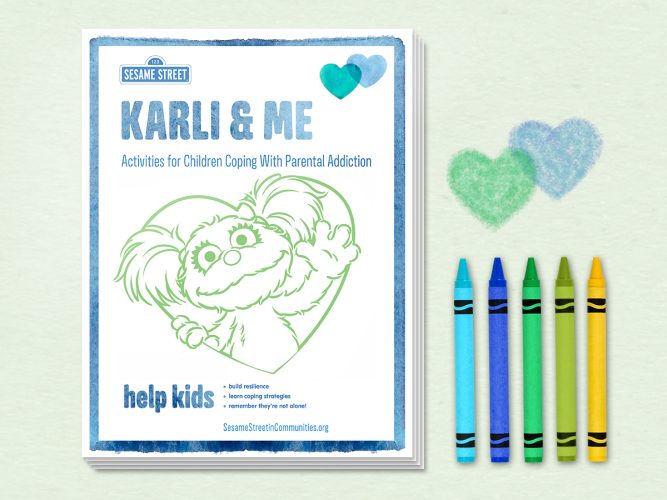
Karli & Me Activity Book
This book can support you in building children’s resilience when faced with the unique issues presented by a parent’s addiction.

A Friend Like You
Conversations between Salia and Karli.
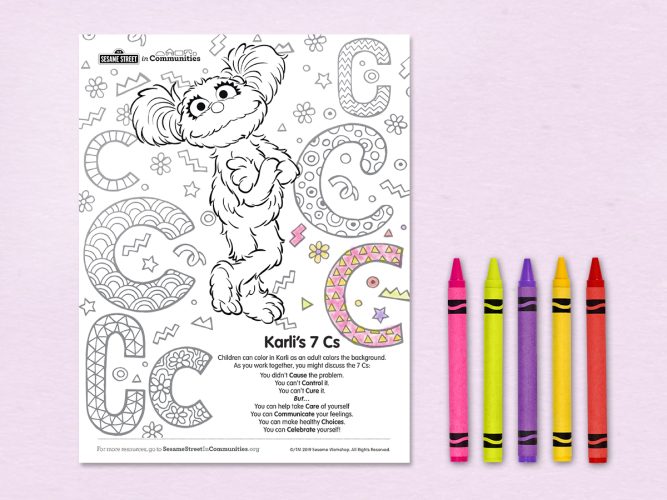
Karli’s 7 Cs
This adult-child collaborative coloring page helps families have relaxed time together.
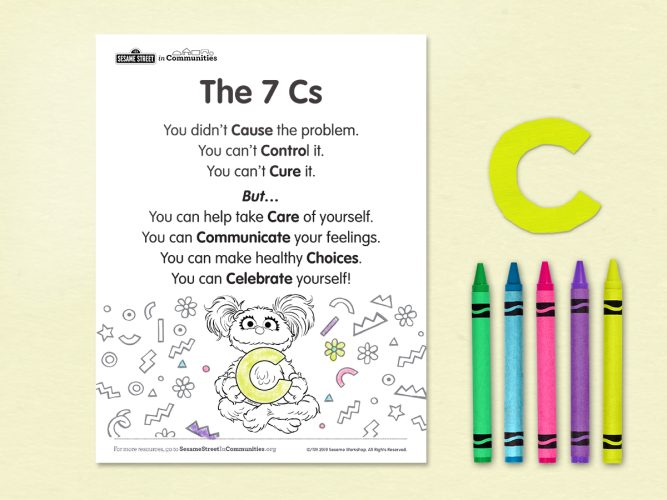
Remember the 7 Cs!
Seven important reminders for children whose parents struggle with addiction.
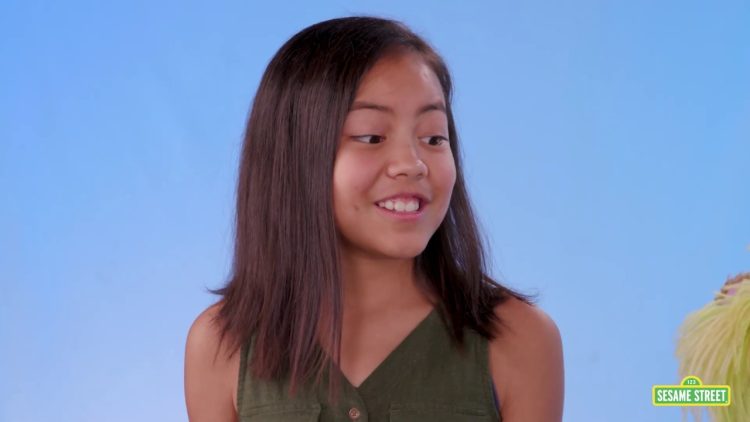
Una amiga como tú
Es importante tener un amigo comprensivo.
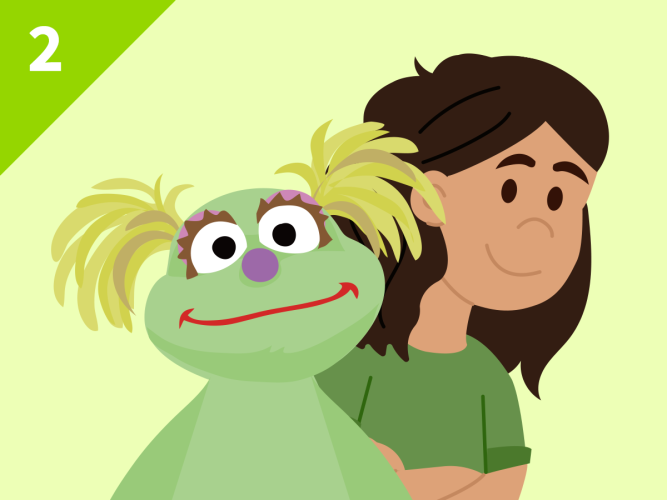
Parental Addiction: Healing Families Together
Join us for the second webinar in this series in which we examine how parental addiction affects children.
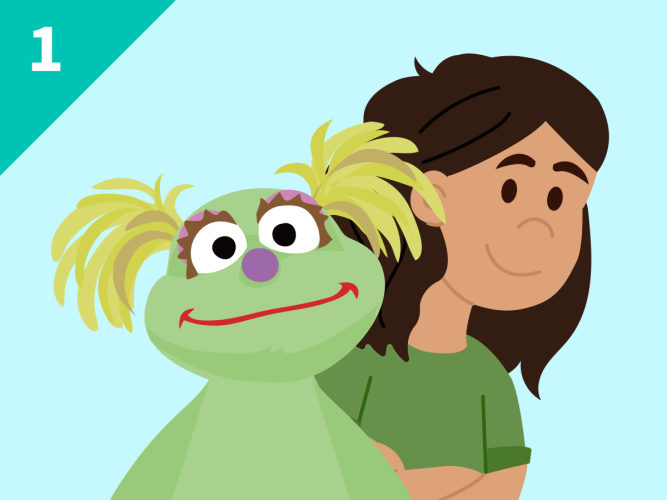
The Child’s Voice: How Parental Addiction Affects Young Children
Join us for the first webinar in this series in which we examine how parental addiction affects children.
